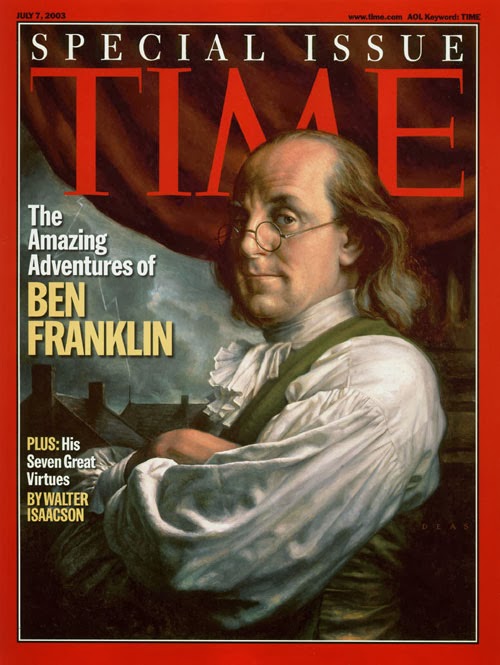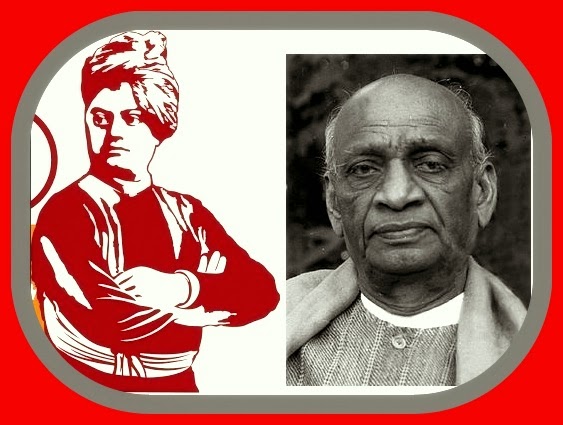Nirmal Verma, (1929-2005), one of the most powerful creative writers of our times, is best known for his incomparably subtly told stories; but his essays – particularly the more recent ones on Indian culture and civilization- bring extraordinary depth to our understanding of our contemporary predicament.
He was born in Shimla in 1929, and spent his childhood there. His Shimla experience reverberates, both directly and indirectly, in some of his most moving stories. He took his Master’s degree in History from St Stephen’s College, Delhi. As he embarked on a teaching career, he began to write for various literary magazines.
In 1959, on the invitation of the Institute of Oriental Studies in Prague, Nirmal Verma went to Prague to lead a project on translating modern Czech writers into Hindi. He spent several years in Czechoslovakia while traveling extensively in Eastern and Western Europe.
On his return to India, he was awarded a Fellowship of the Indian Institute of Advanced Study to work on the theme of mythic consciousness in literature. Nirmal Verma won several prestigious literary awards including the Sahitya Akadmi award for his collection of stories Kauwe Aur Kala Pani and Gyanpeeth award for a lifetime’s contribution to Indian arts and letters. His published work includes five novels, eight collections of short stories and several books of essays.
Some have suggested that Verma’s core sensibility is European rather than Indian. But nothing can be further from the truth. While his understanding of Europe is profound, the Indianness of even his “European” stories is unmistakable, and. Of course, at the same time, he is marvelously universal
Nirmal Verma has been translated into several languages. The English translation of fourteen of his short stories, with something of a thematic thread running through them, brought together in a volume entitled, Indian Errant, makes quintessential Nirmal Verma available to the English reading reader.
Amitabh Ghosh, another great writer of our time, says of this volume: “To the subjects of exile, loss and displacement, Nirmal Verma brings a uniquely tender sensibility as well as a vision that is profoundly informed by the specificities of a wider historical experience. This is a major new collection from one of the contemporary world’s finest writers.”
Nirmal Verma will live in his books for many many generations to come.
































